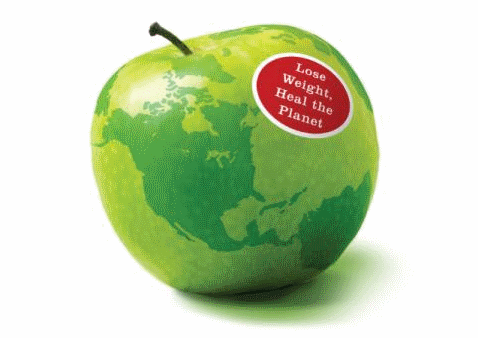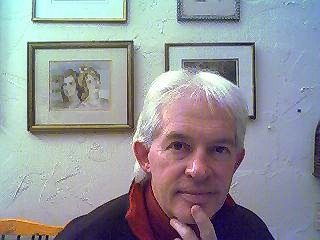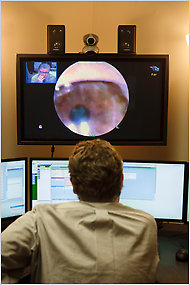How Can We Positively Impact The Obesity Crisis In 2011 ?
/ I am proud to work in the fitness, wellness and the health club industry. There is a real push to make health clubs part of the solution behind the obesity and sick care crisis in the U.S. and I applaud IHRSA's leadership, particulary my friend and colleague Art Curtis, as well as Phillip and Dr. Jackie Mills for their work and book Fighting Globesity. I think increased activity certainly will make a positive impact, but as these professionals know its as much to do with how people eat ? Perhaps you read my recent post on the McRib sandiwch (if you did you get the picture). Jeston Leonard once said "six pack abs are made in the kitchen, not the gym." While we can't expect the solution to involve a six pack, there is some relevance in what Jeston said as it pertains to the obesity problem.
I am proud to work in the fitness, wellness and the health club industry. There is a real push to make health clubs part of the solution behind the obesity and sick care crisis in the U.S. and I applaud IHRSA's leadership, particulary my friend and colleague Art Curtis, as well as Phillip and Dr. Jackie Mills for their work and book Fighting Globesity. I think increased activity certainly will make a positive impact, but as these professionals know its as much to do with how people eat ? Perhaps you read my recent post on the McRib sandiwch (if you did you get the picture). Jeston Leonard once said "six pack abs are made in the kitchen, not the gym." While we can't expect the solution to involve a six pack, there is some relevance in what Jeston said as it pertains to the obesity problem.
My colleague, partner and friend, Clint S. Lee, asked me this morning if I had seen Food Matters, the documentary. I had not. We've touched on the food system before in relation to the movie Food Inc. and our mutual enjoyment of Michael Pollan's book The Omnivore's Dilemma, its a topic we'd spoken about before and I'd written about as well. The movie isn't just about the unbalanced food system and how we eat but also about the sick care system, which I've also shared views on.
I am watching the movie and its pretty interesting. A clip is below. Check it out and let me, Bryan O'Rourke, know what you think. How can we positively impact the obesity crisis in 2011 ? Tell me how health clubs and fitness facilities can become a part of the solution and more importantly how we can impact how we eat which causes so much of the problem.










